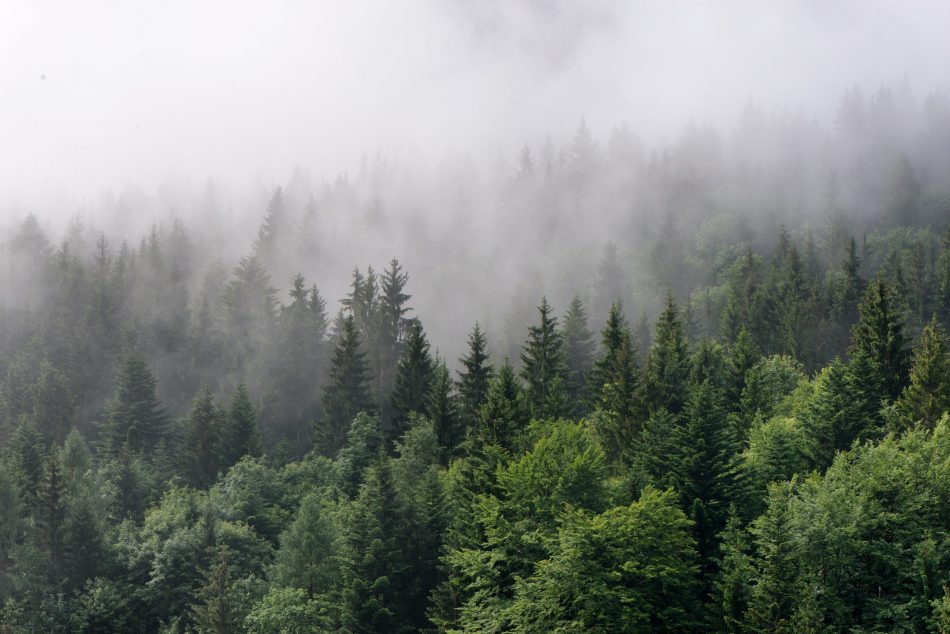Taking a walk through the woods, going camping, or even just stepping outside for a deep breath of fresh air reminds us of the restorative feeling that comes with time outdoors. We at The Optimist Daily talk a lot about the mental and physical health benefits of time in nature. Now, researchers at the University of Washington’s School of Environmental and Forest Sciences have found that wilderness, specifically in urban areas, is profoundly important for human well-being.
The research team focused on Discovery Park in Seattle. They surveyed several hundred park-goers and asked them to submit written summaries of meaningful interactions they had with nature. After reading the submissions, researchers found a pattern of “nature language” began to emerge.
Outdoor explorers who encountered wilderness features such as old-growth trees, large open spaces, expansive vistas, and removal from civilization experienced more profound outdoor experiences than those in less wild spaces such as paved paths. When comparing the language used to describe various experiences, those had in true wilderness were explained more passionately and more descriptively.
Elizabeth Lev, a graduate student involved with the project, says, “The wilder areas in an urban park seem to be affording more benefits to people—and their most meaningful interactions depended on those relatively wild features.”
We all know that nature is a mood and health booster. The evidence that this type of nature is also vitally important for one’s outdoor experience is instrumental support for the fight to preserve truly wild areas of our world.












